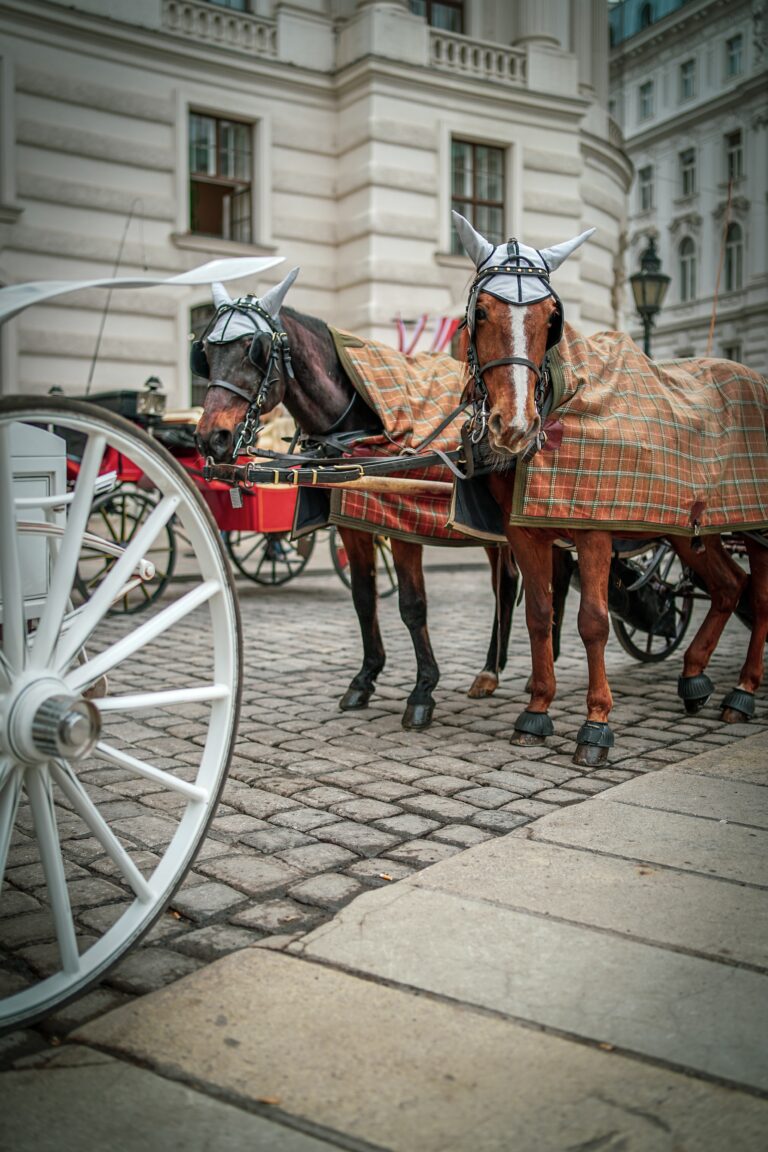The popular northeastern Italian city of Venice has turned into a ghost town in wake of the spread of the coronavirus in northern Italy, Calcalist reported on Monday.
Venice, the historic floating city with its beautiful canals, a hugely popular tourist destination, has suffered a series of blows over the past few months.
In November, the city was flooded with the highest levels recorded since records began in 1923, flooding more than 85% of the city and killing two people. There was repeat flooding and the city was submerged by an exceptionally high tide – all of which led to mass cancellations at hotels and other tourist sites.
Just months later, the extreme flooding was followed by extremely low tides which almost emptied its canals.
Just months after Venice suffered extreme flooding, its canals are almost empty due to exceptionally low tides pic.twitter.com/lHw6d9baDf
— Reuters (@Reuters) January 13, 2020
The city was slowly recovering from the flooding, high tides and low tides and tourists were beginning to trickle into the city again. Shortly later, media outlets reported the outbreak of the coronavirus in northern Italy, the worst outbreak in Europe. A new wave of cancellations began again.
According to Vittorio Bonacini, head of the local hotel association (Associazione Venezia Albergatori), 50% of hotel reservations have been canceled in the last week alone. Most of the city’s famous sites including the Jewish ghetto, which is usually teeming with tourists, are almost completely abandoned.
“It feels like those zombie movies, when one person wanders the empty streets of New York,” said Matteo Secchi, a reception clerk at a hotel in the city.
Bonacini said that beginning in November, Venice’s tourism industry, valued at € 3 billion, lost about € 800 million from its value. “Since the outbreak of the coronavirus, on February 21, the number of hotel occupancies in the city has dropped by almost 70%.” The city that is known for “suffering” from an excess of tourists has become a ghost town.
As of now, Venice — whose historic center has around 53,000 residents and more than 30 million tourists a year — has registered at least four cases of COVID-19, with 71 in the whole of Veneto — the worst-hit region after Lombardy, where 10 towns are on lockdown.
Neighboring Lombardy still has the most cases with at least 258, according to the latest official data. Twelve people have died so far in Italy, all of them elderly.
Venice city councilor for economic development Simone Venturini said that the economic impact of the new virus outbreak should worry national authorities as much as the impact on public health.
In the city of Carnival, the virus threat forced visitors to observe strict precautions. Regional authorities also closed museums in the city — along with schools and other official offices — until March 1.
Many tourists visiting Venice’s central St. Mark square enjoyed much free space on would what normally be a crowded plaza, while restaurants, hotels and souvenir stores counted their losses. Below their Venetian masks, they also wore white sanitary masks.
“We can see the square is relatively empty. If I can say, from my 39-year work experience, there is a very heavy fall, around 40% compared to previous years,” said Roberto Nardin, a Venice gondolier.
The Italian government has staunchly defended its handling of the crisis, even as it acknowledges alarm over the growing number of cases — more than any other country outside Asia.
Following the outbreak escalation, Italian Premier Giuseppe Conte has raised the specter of an economic recession, as Italy’s ailing economy struggles with moribund growth, massive debt, and high youth unemployment. Economic experts and business associations predict the virus spread to take a heavy toll on Italy’s output, now seen falling between 0.5% and 1% this year, causing the loss of up to 60,000 jobs.
While there are measures in place to contain the outbreak, authorities also warned against unjustified panic. However, finding the balance between appropriate measures without repelling tourists and breaking the festive atmosphere remains a challenge.
This year’s succession of damaging events has also left some Venetian store owners desperate. Flavio Gastaldi said he is considering closing the souvenir store he has run for 30 years. Although business has highs and lows, his rent does not.
“At this point we won’t recover anything (from the losses he has endured this year),” he said. “We will return the keys to the landlords soon.”
But not all in Venice were ready to let virus worries dampen their party.
Yi Hui Ang, a doctor from Singapore who lives in Australia, recently walked around the historic center wearing a typical 18th-century costume she made herself, as well as a sanitary mask.
“I did have a dinner booked and everything, but that was canceled,” she said. “But I’m still going to wear the dress.”
Eva Mazens, a 7-year-old French tourist also disguised for Carnival, was even bolder.
“I couldn’t care less about the virus. All that matters is the party,” she said.
(YWN Israel Desk – Jerusalem & AP)










